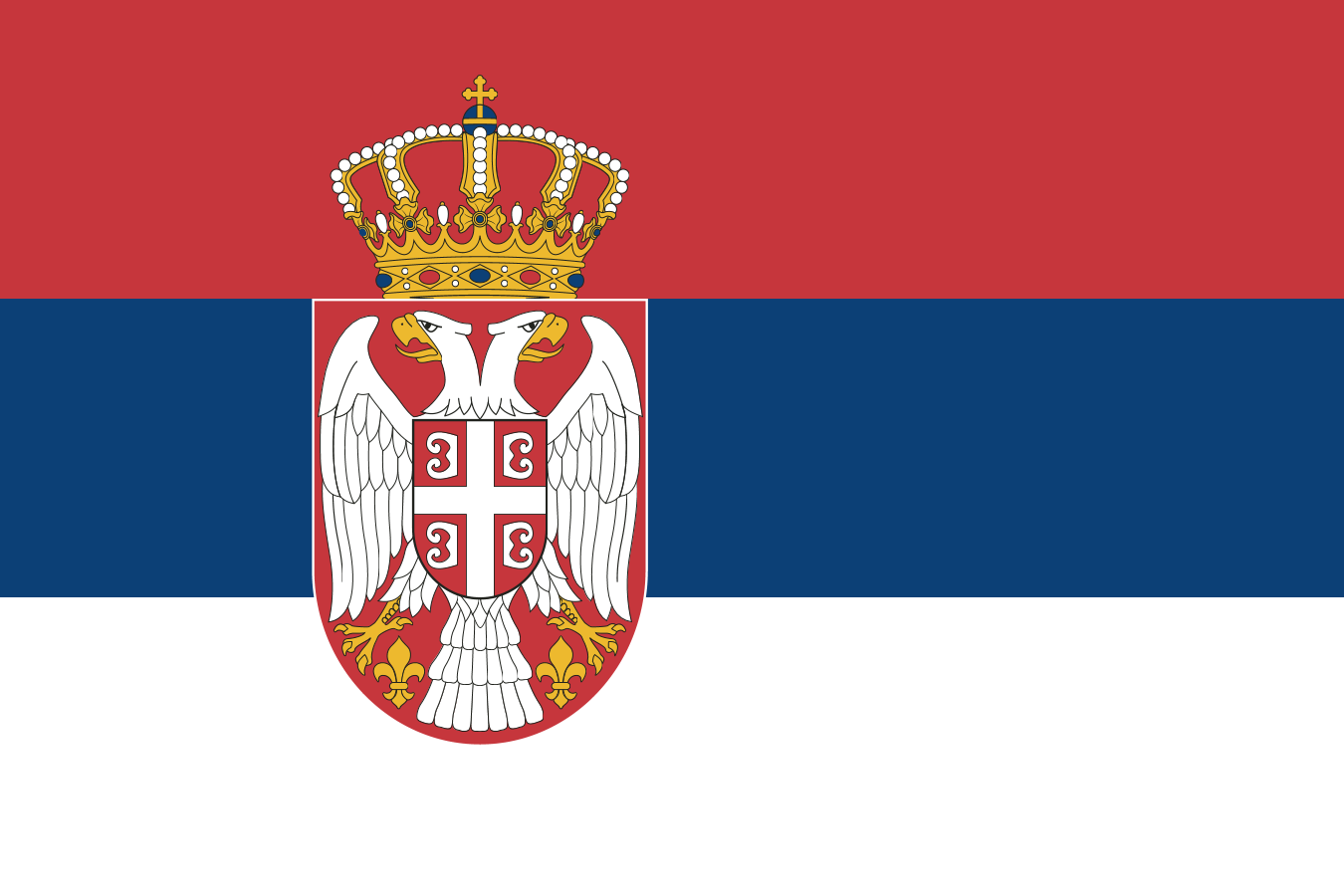What is a Meta Description: Your Guide to Effective SEO Snippets
A meta description is a brief snippet of text that summarizes a page's content. Found in the HTML of a web page, it usually appears under the page title in search engine results. The primary purpose of a meta description is to provide a clear and concise summary to both search engines and users, describing what to expect on the page.
Crafting an effective meta description is pivotal because it can influence the decision of whether a user clicks through to a website from search engine results. While meta descriptions are not a direct ranking factor in search engine algorithms, they can impact a page’s click-through rates (CTRs), which are an indicator of relevance to search engines and can contribute to improving a page's organic search presence.
Our role in creating meta descriptions is two-fold: to engage the audience with a compelling reason to visit the page and to ensure that it reflects the content accurately for search engines. This balance is crucial in drawing organic traffic and providing a positive user experience. Through proper optimization techniques, we can increase the likelihood of our pages performing well in search engine rankings.
Key Takeaways
- A meta description summarizes a page's content for search engines and users.
- A well-crafted meta description can positively influence click-through rates.
- Balancing user engagement and search engine relevance is key in optimization.
Essentials of a Meta Description
A meta description is a concise summary of a web page's content, and it plays a significant role in influencing click-through rates from search engine results.
Definition and Purpose
A meta description is an HTML attribute that provides a brief and relevant summary of the contents of a web page. Its primary purpose is to describe the page's content to search engine users, helping them decide whether the content is what they're looking for.
Character Length Guidelines
- Ideal length: 150-160 characters
- Maximum length before truncation: 160 characters
Search engines typically display only the first 160 characters of a meta description. Keeping a meta description within this range ensures that the entire message is visible on search engine results pages (SERPs).
Relevance to Page Content
The meta description should accurately reflect the content of the page. This relevance is critical because:
- Search engines: May use it to understand the page content.
- Users: Depend on it for a snapshot of what the page entails before clicking through.
A well-crafted meta description aligns closely with the page's content, incorporating target keywords naturally and providing a compelling reason for users to visit the page.
Optimization Strategies
We can enhance the effectiveness of meta descriptions by implementing specific strategies. These tactics are aimed at improving visibility and click-through rates from search engine results pages.
Incorporating Target Keywords
We must include relevant target keywords in our meta descriptions to ensure that they align with the content on our pages and the queries our audience is using. The presence of these keywords can signal to search engines that our content is relevant to the searcher's intent. Here is how we can integrate keywords efficiently:
- Choose your target keyword: The main keyword for the page.
- Synonyms and variations: Use related terms to cover more search queries.
- Natural integration: Ensure the keywords fit seamlessly into the sentence.
Encouraging Click-Throughs
Our meta descriptions should act as compelling adverts for our content. We strive to motivate users to click on our links with the following methods:
- Strong calls-to-action (CTAs): Phrases like "Discover more", "Learn how", or "Get started" can be powerful.
- Benefits and value proposition: Highlight the unique benefit or the value that users will gain by clicking.
Avoiding Duplication
We avoid using identical or very similar meta descriptions across multiple pages. Unique meta descriptions for each page help search engines understand the distinct content and prevent dilution of relevancy.
- Individualize descriptions: Tailor each meta description to the specific content of its page.
- Conciseness is key: Keep meta descriptions succinct while ensuring they are unique and informative.

 EN
EN DK
DK SR
SR DE
DE FI
FI